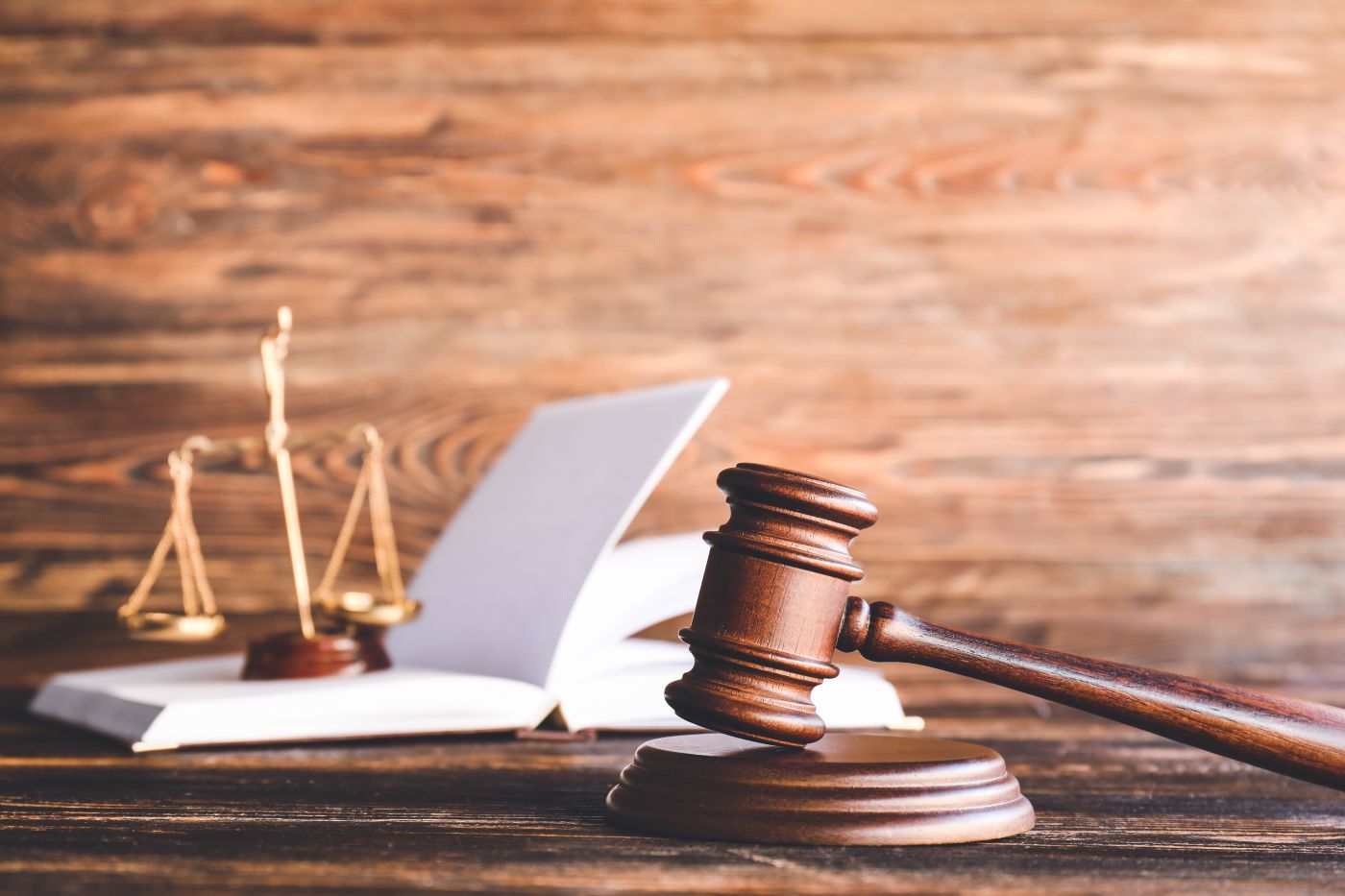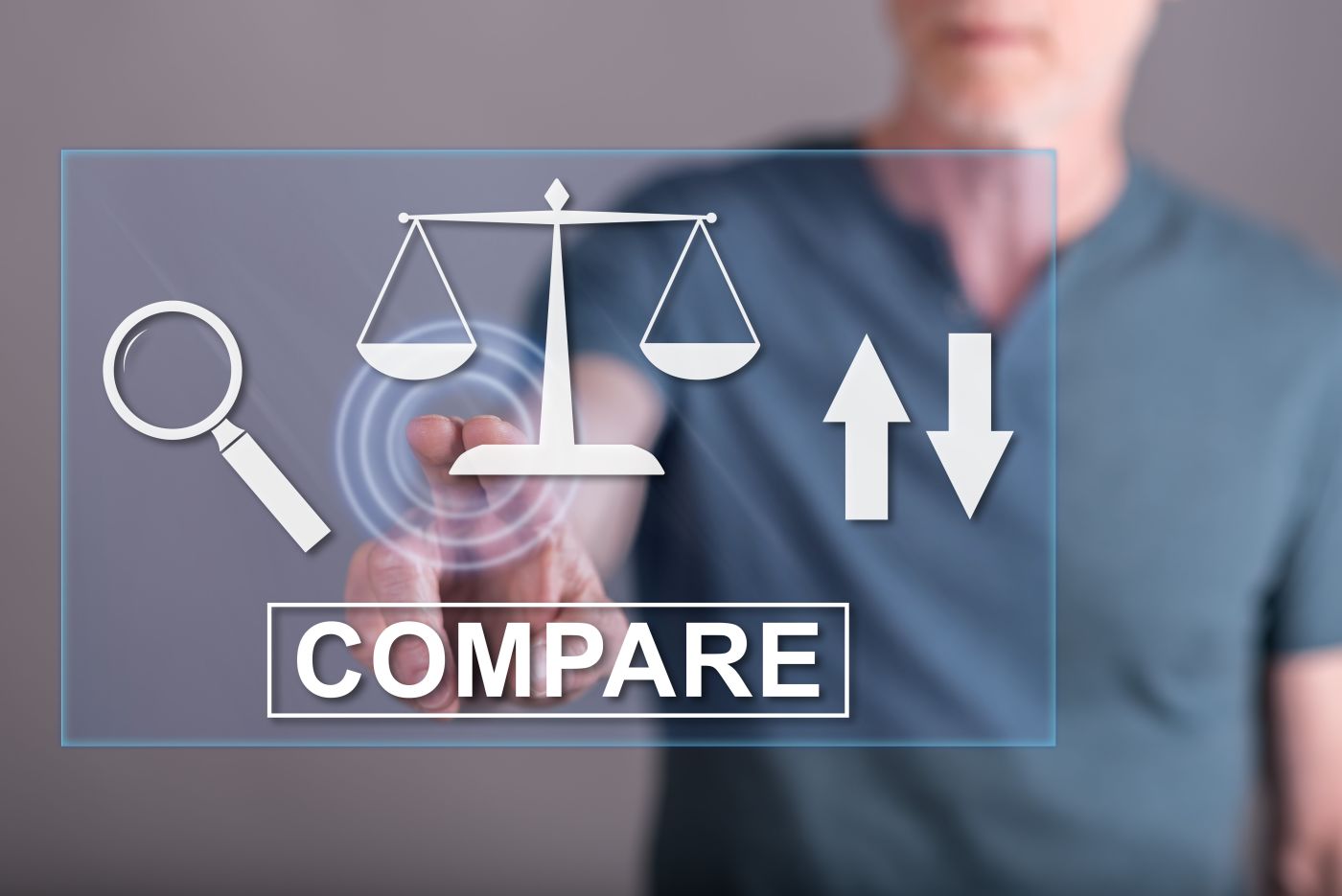While the reasons for not having a will vary, the result is the same for everyone: they don't get to choose who receives their property when they die. Instead, their assets are distributed according to the laws of their state. This process is called intestate succession.
BLOG
Estate Planning
Using Trusts to Hedge Against Estate and Gift Taxes
Gift and estate tax consequences can threaten this goal of sharing wealth. By crafting a comprehensive estate plan, we can address these concerns and protect high-net-worth clients from excess taxes. The following three types of trusts may assist high-net-worth clients in sharing their wealth in a tax-advantageous way.
Transfer on Death vs. Payable on Death
Many families choose to include a payable-on-death (POD) or transfer-on-death (TOD) designation in their estate plan. Both these designations allow the assets in the account to pass to a chosen beneficiary when the original owner dies. POD and TOD accounts have many benefits.
What Happens to Your Virtual Wallets at Your Death?
In modern estate planning, digital accounts such as PayPal, Venmo, and Apple Pay must be considered every bit as much as bank and retirement accounts. Digital accounts can be conveniently closed upon the account holder’s death, provided they plan ahead.
3 Estate Planning Concerns for Self-Employed Individuals
While you may have more freedom than the average worker, a lot of responsibilities lie on your shoulders. Working together with an experienced estate attorney, we can craft a comprehensive legacy plan that will help you meet your financial goals.
What NOT to Include in Your Estate Plan
Although your documents should be thorough and provide all necessary information, some things should NEVER be mentioned in your documents, for security purposes. Here are three things you SHOULDN'T include in your estate planning documents.
How to Choose the Right Trustee
Trustee(s) are in charge of handling all aspects of your trust. So, it is important to select your trustee(s) carefully. By better understanding the responsibilities of a trustee, you'll be better equipped to select the right person for the job.
Investment vs. Distribution Trustees
There will come a time when someone needs to take over (either because of illness or death). When that time comes, it can be helpful to divide the responsibilities between two or more successor trustees. For example, you may decide to have one trustee manage accounts and property and another trustee handle distributions to beneficiaries.
Estate Planning for Book Collectors
The family’s first inclination when encountering piles of old books might be to donate them to charity or throw them away. But getting rid of a book collection without first assessing it could be a mistake.
How to Leave Your Retirement Account to Your Minor Child
Your retirement account may be one of the most valuable things you own. Many people choose to name their children as the beneficiaries of these accounts. They think it is a way to easily transfer their wealth if something happens to them. But, that assumption is only partially true. Some factors make this type of transfer more complicated than you might think, especially if your child is a minor.









